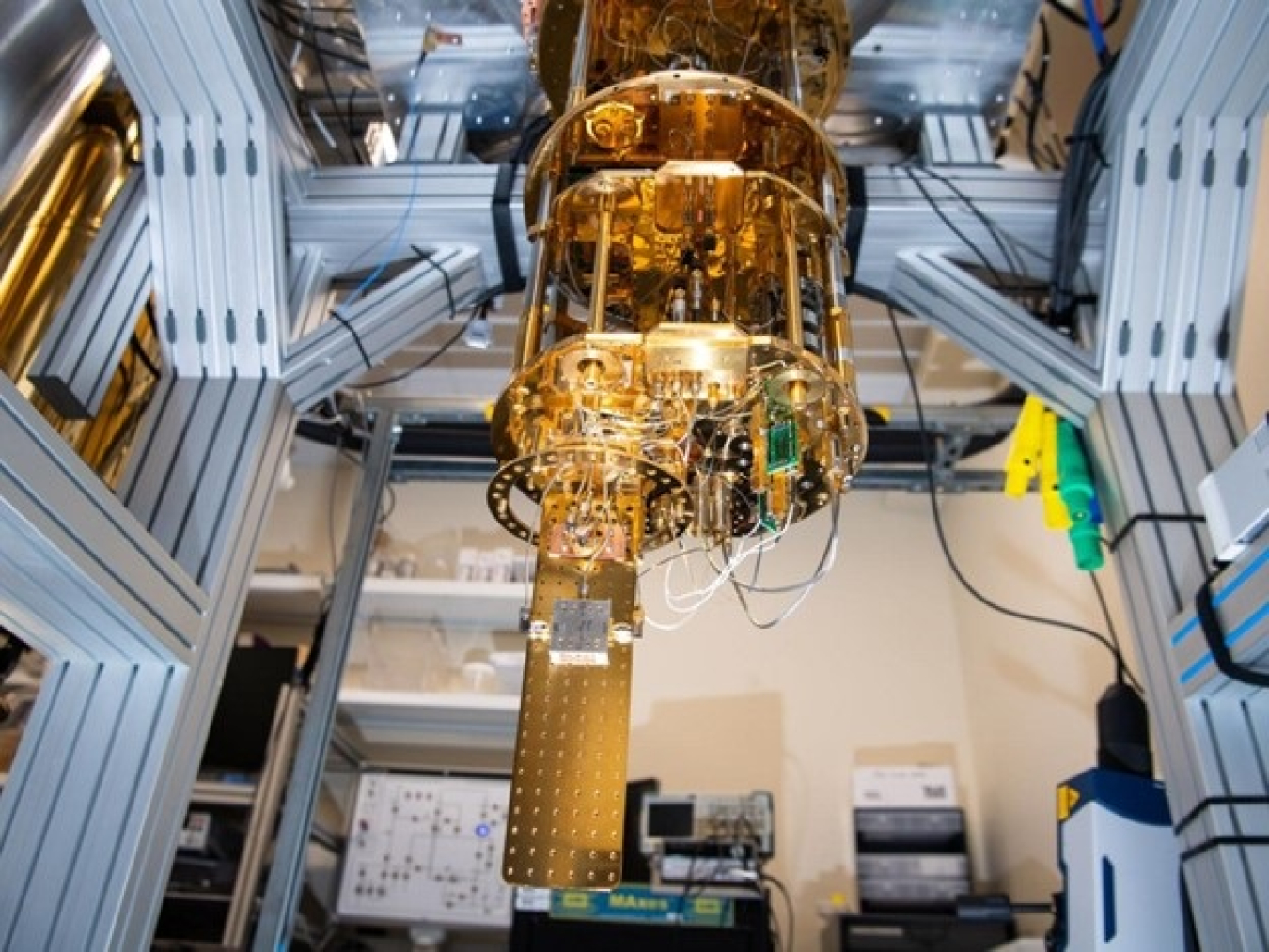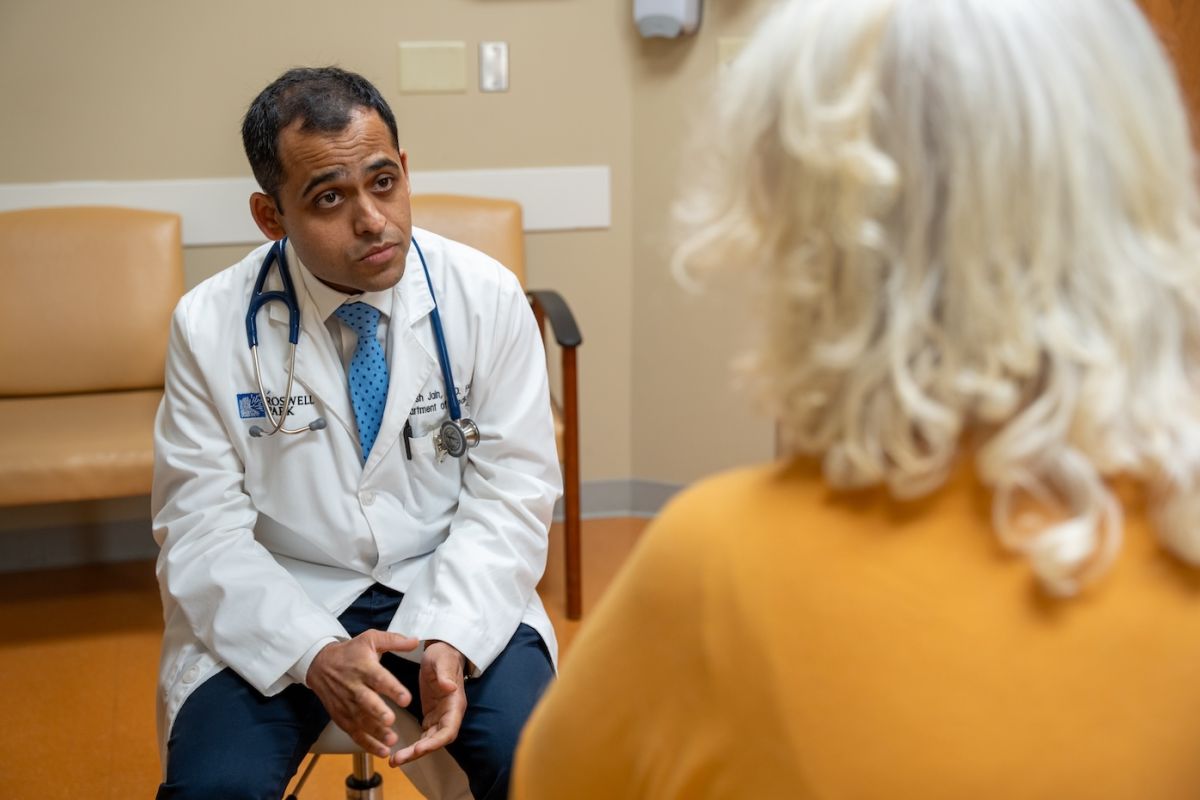When to Go Multinode? A Novel Approach Aids Quantum Computer Designers
Department of Energy, Office of ScienceResearchers have developed a method to evaluate and optimize the design of multimode quantum computers. Superconducting quantum processors must be operated at extremely low temperatures, achieved using dilution refrigerators. In multimode computers, these refrigerators must be connected via optical links that shuttle fragile quantum information.



















